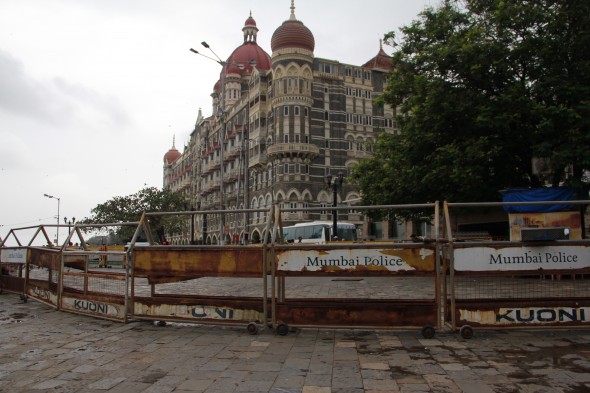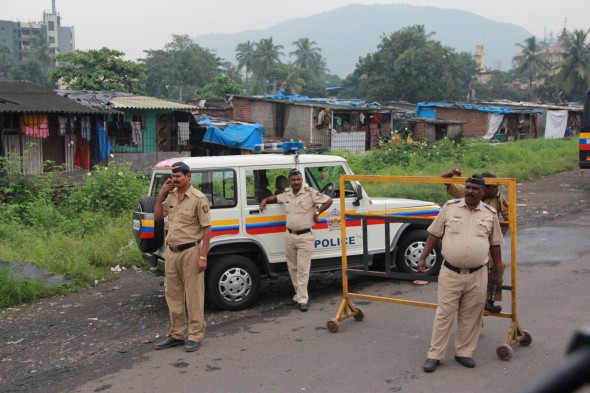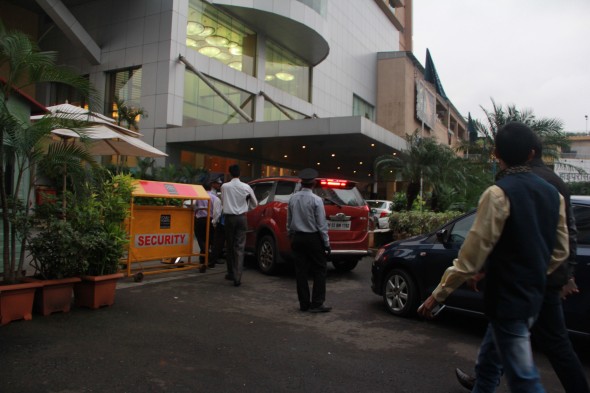
Terrorism and KFC: First impressions on security in Mumbai
By John Ballot
In a city that has been deemed a “hot hunting ground for terror” by the Times of India, a couple of security stops at landmarks and government buildings were expected when you first land in India’s financial capital.
But with over 600 people killed in terrorist attacks in Mumbai in the last two decades, security is a persistent topic with guards, police and checkpoints a near-constant sight.
At first a quick search of our car at the hotel entrance doesn’t seem worth writing home about, but the checkpoints at the local food court or the security guard that greets you several times a day but still needs to check your backpack shows this is a city on alert.
This is not surprising when you look at Mumbai and India’s recent past. While the horrific attacks in 2008 in South Mumbai by Islamic militants is now infamously engrained in our common post-9/11 history, several other terrorist attacks in Mumbai and neighbouring Pune has left the area in a state of heightened security.
To try to compare the situation to Australia is difficult. While Australia has genuine security threats and has tragically lost lives at the hands of a few crazed individuals, India is a country that has been troubled by certain real and perceived security problems since Partition and has been plagued by Maoist, Islamic and narcoterrorism for decades.

The Taj Mahal Palace Hotel. One of the places now infamous after the 2008 terrorist attack, there is now a police barrier between it and the ocean.
Yet the lived daily security experiences of Australians and Mumbaikars is radically different. A checkpoint to enter Australia’s national parliament building is not much more stringent or complicated than entering a Mumbai KFC. While security procedures are few and far between in Australia, it’s very easy to lose count of how many bag scanners and metal detectors are passed through on an average touristy day in Mumbai.
The Indian security process though runs much deeper than this, and starts long before entering the country. The visa application process itself is littered with national security questions about your relation to Pakistan, Bangladesh, Afghanistan, and China.
While terrorism and state threats, both real and perceived, are all around Mumbai and India it does not feel as if they at all stop the bustle of this city or our attempts at working in it. While there were some fears about a news story circulating amongst our group on the first day, it was quickly blown off with a sense that there are more important things to do such as finding dinner.
It seems as if Mumbaikars are in very much the same mindset. The traffic keeps going despite some extra jams. People keep flocking to the business and tourist areas despite the Navy helicopters overhead. As one hotel porter said “There is nothing to worry about. This is India”.
John Ballot
John Ballot is a third year Bachelor of Arts/Bachelor of Journalism student majoring in political science and international relations. John is passionate about telling stories, and strongly believes in the power of good journalism. Currently working for News Corp, John is also interested in music, culture and crime non-fiction.


